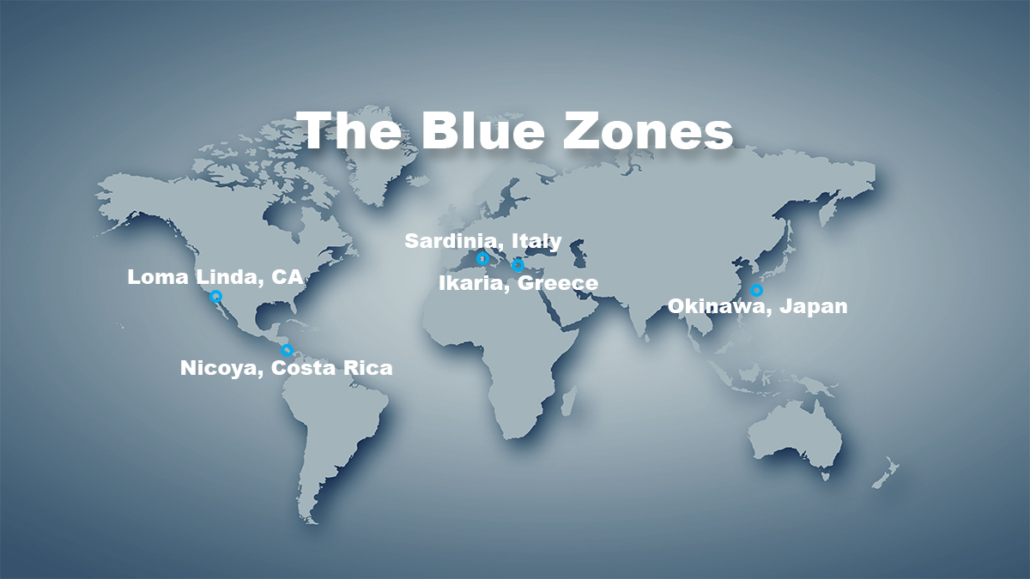Uncover how cutting-edge healthcare technology is reshaping modern medicine—from AI and telehealth to wearable devices and precision diagnostics—driving smarter, faster, and more personalized care.
Healthcare Technology Has Brought a New Era in Healthcare
The healthcare sector is experiencing a seismic shift, driven by rapid advancements in healthcare technology. It has promised to reshape the way medical services are delivered and accessed. This transformation is making healthcare more personalized, efficient, and accessible.
Unveiling Technological Innovations in Healthcare
From artificial intelligence (AI) to telemedicine, and wearable devices, a new wave of technologies is setting the stage for a major overhaul in healthcare practices:
- Artificial Intelligence and Machine Learning: AI is revolutionizing healthcare by enhancing diagnostic accuracy, personalizing treatment plans, and streamlining drug development. AI systems process vast amounts of data to assist in early disease detection and tailor treatments to individual genetic profiles.
- Telemedicine: This technology bridges geographical gaps, allowing patients to consult with physicians remotely. Telemedicine has been particularly crucial during health crises like the COVID-19 pandemic, providing essential health services without the risks of in-person visits.
- Wearable Health Devices: Wearables are transforming patient monitoring by providing real-time data on vital signs, enabling proactive health management and personalized healthcare insights.
The Impact of AI on Diagnostics and Treatment
AI’s role in diagnostics is expanding, with machine learning models now capable of detecting diseases from imaging data with greater accuracy than ever. These tools are vital for conditions where early detection is crucial, such as various types of cancer.
Telemedicine: Expanding Access to Care
Telemedicine has democratized access to healthcare, making medical consultations available anywhere. This innovation is especially significant for rural or isolated communities, where access to healthcare professionals is limited.
Wearables and Patient Monitoring
Wearable devices have become crucial in chronic disease management by continuously tracking health metrics such as heart rate, glucose levels, and more. This constant stream of data helps in making more informed and immediate healthcare decisions.
The Challenges and Future of Healthcare Technology Integration
While the integration of technology in healthcare is promising, it presents challenges, including privacy concerns, the need for robust data security measures, and ensuring equal access to these technological solutions.
The Role of Big Data and Predictive Analytics
Big data analytics are playing a transformative role by enabling the prediction of disease outbreaks and patient health trends. This predictive capability can lead to better resource allocation and more preemptive health management strategies.
Ethical Considerations in Healthcare Technology
As healthcare technology evolves, so too does the need for stringent ethical standards to govern its use. Issues such as data privacy, consent, and the potential for AI bias must be addressed to ensure that these technologies benefit all patients equitably.
Navigating the Future of Healthcare
The ongoing integration of advanced technologies into healthcare is inevitable and transformative. It promises not only to enhance the efficiency and accuracy of healthcare services but also to make them more patient-centric than ever before. As we navigate this new era, the focus must remain on harnessing these innovations responsibly to improve health outcomes while addressing the ethical, legal, and social implications of healthcare technology.





















One Response